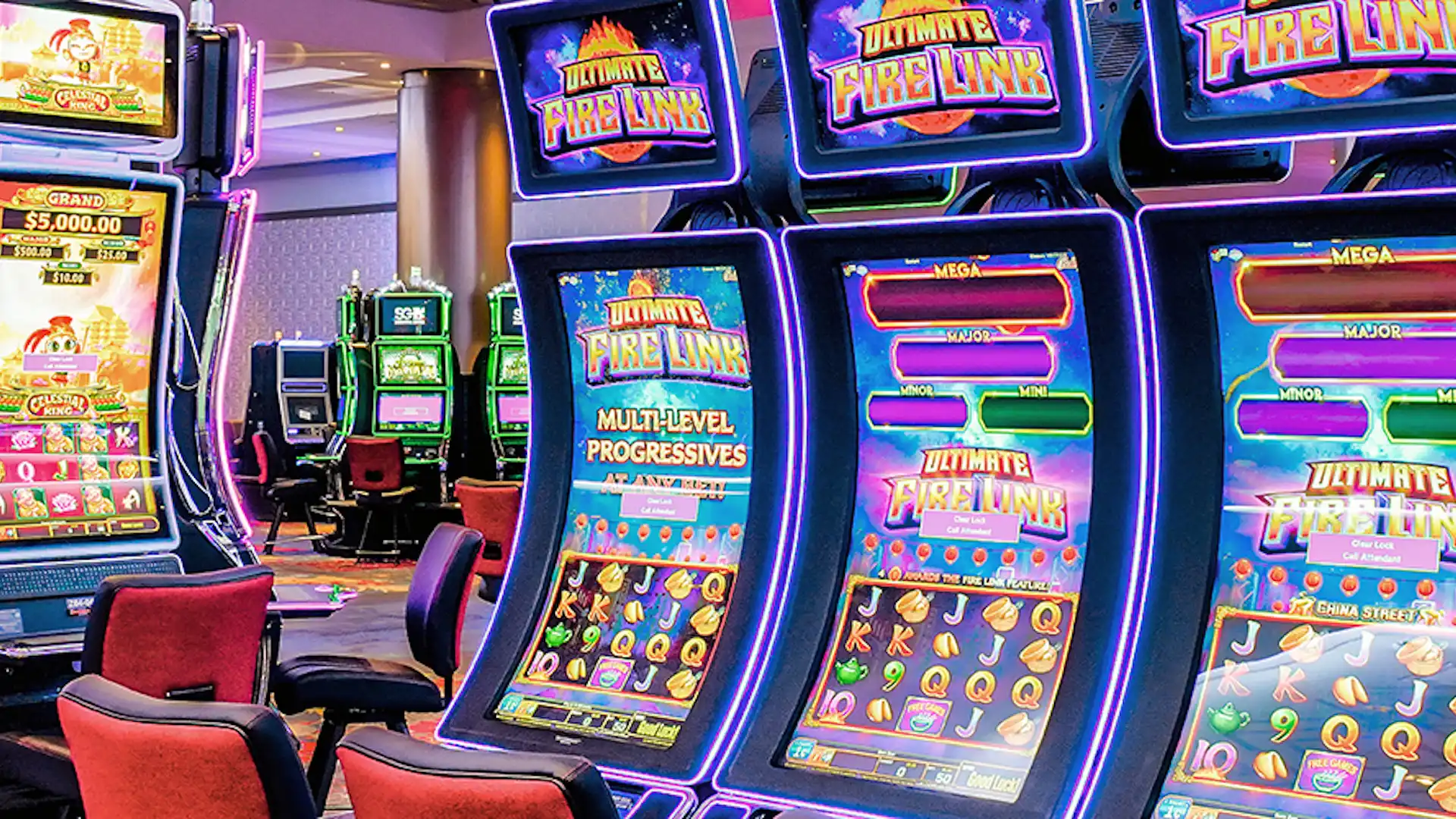Transforming Gambling Games for a Virtual Time

This realm of gambling games has experienced a remarkable transformation in recent times, propelled by technological progress and shifting player preferences. As an increasing number of players shift to digital mediums for entertainment, traditional gambling activities are being increasingly adapted to meet the needs of a tech-savvy consumer base. This shift not only includes the transition from brick-and-mortar to virtual spaces but also encompasses the development of gameplay systems and user interaction techniques.
In this new virtual age, game creators are harnessing cutting-edge techniques to create engaging experiences that resonate with a diverse spectrum of gamers. From online slot machines with breathtaking visuals to dynamic table games that mimic the feel of a live casino, the adaptation process is changing how we view and experience gambling games. As we explore this captivating process, it becomes evident that the prospect of gambling lies in the seamless integration of advanced technology with the timeless appeal of chance and tactics.
The Development of Gambling Entertainment
Gambling entertainment have experienced significant changes throughout the years, demonstrating transformations in tech, society, and player choices. RR88 In early eras, simple games of luck were played using rudimentary items such as stones and animal remains. As civilizations progressed, so did the sophistication of these games. The introduction of card games in the medieval period marked a crucial moment, leading to the creation of popular games like Texas Hold’em and 21, which are continuously enjoyed in the present. Over the centuries, the design of gambling establishments has also changed, transitioning from small local locations to expansive, ornate establishments.
The twentieth century witnessed a revolution in the world of casino games with the advent of digital gaming. Slot machines emerged as a favored attraction, engaging players with their colorful lights and audio effects. This era also saw the emergence of casino resorts, which integrated luxury accommodations with a diverse array of gaming options. The launch of video gaming further expanded the field, allowing for more complex designs and gaming mechanics. These innovations not only pulled in a wider audience but also altered the way gambling entertainment were played.
With the rise of the internet in the late 90s and early 2000s, casino games moved into a new digital phase. Virtual casinos emerged, providing participants with the ease of playing from their own spaces. This transition required game designers to rethink traditional mechanics and adapt them for an engaging online experience. Today, advancements in tech, including smartphone gaming and virtual reality, persist to shape the progress of casino entertainment, creating immersive experiences that engage players like never before.
Key Features of Virtual Casino Experiences
Online casino games have changed the way players engage with gaming by delivering captivating experiences that mimic the rush of physical casinos. One of the most important features is the incorporation of top-notch graphics and animations, creating a visually stunning captivating environment. Game creators focus on offering authentic themes and compelling storylines that pull players into the game, improving their overall experience. The capability to provide 3D visuals and impressive sound effects means that players can experience a lively atmosphere comparable to what they would experience on a casino floor.
Another important aspect of online gambling games is the ease of access they offer to gamers around the world. Web-based services enable individuals to play their most-loved games from the comfort of their own abodes or on the go through mobile devices. This convenience is accompanied by a diverse selection of gaming alternatives, including video slots, tabletop games, and live dealer experiences. Players no longer need to travel to a brick-and-mortar venue to enjoy their preferred betting experiences, allowing a wider audience to engage with casino games.
Lastly, online casino games frequently include cutting-edge features such as interactive gameplay and community features. Many games now allow players to go head-to-head against one another, participate in tournaments, or even broadcast their accomplishments on social networking sites. This transformation encourages a sense of belonging among players while fostering positive competition. Additionally, features like customizable avatars and in-game chat options boost engagement, making the digital gaming experience even more engaging for all users.
The Future of Online Gaming
As technology makes progress, the landscape of online gaming is set for significant transformation. Virtual and enhanced reality are creating a buzz, offering players an engaging adventure that reflects the thrill of being in a physical casino. These advancements create opportunities for creators to introduce unique game formats and interactive features, reshaping how players interact with their preferred casino games.
Moreover, the integration of AI is improving user experiences and tailoring gameplay. AI can examine player behavior, recommend tailored game options, and improve customer support through virtual agents. This personalization not only maintains players interested but also contributes to build a loyal community around certain casino platforms, setting them for success in a competitive market.
Finally, the rise of mobile gaming is another vital factor shaping the future of online gaming. With an ever-growing number of players playing casino games on their mobile devices, game designers are focusing on optimizing their platforms for mobile access. This change allows players to experience casino games wherever they are, paving the way for a more dynamic and approachable gaming environment that appeals to a broader audience.